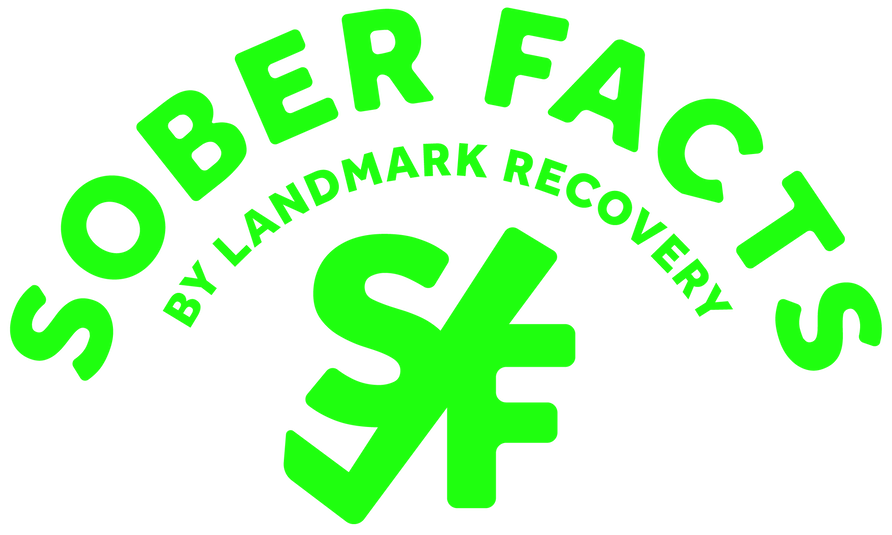Choosing recovery close to home means your support system is just a few miles away.
- 100% Confidential
- Available 24/7
- No Pressure to Commit
- Multiple Financial Options Available
Choosing recovery close to home means your support system is just a few miles away.

Sounds Like: el.ess.dee
Classification: Substituted Tryptamine / Serotonergic Psychedelic
Controlled Substance Act Schedule: I
Other names for LSD

LSD, lysergic acid diethylamide, is not addicting and is relatively a very safe drug. However, those who’ve regularly used LSD admit to being partial to the hallucinogenic effects of the drug. The drug was first created in the late 1930s at Sandoz labs by Albert Hoffmann. LSD has since gone on to be the poster child for psychedelic drugs.
Need help with LSD or another drug addiction?
Call Landmark Recovery and speak with an admission specialist today.
Call NowWe're available 24/7 to help you find Recovery
Albert Hoffmann, the creator of LSD, was first dosed with the drug through the skin while synthesizing a batch. On April 16, 1943, Hoffmann took the world’s most famous bike ride in history home after he began experiencing symptoms of LSD intoxication. Through his experiments with substituted tryptamines for Sandoz, he was trying to find some medicinal use for LSD but subsequently failed when the only serious use he could find was using the drug as a potential therapeutic aid or simply as a form of entertaining diversion for several hours. He would go on to write positively about the drug itself.
During the 1950s and 1960s, the CIA experimented with dosing people with the intention of creating a “truth serum,” or some compound that would make people tell the truth when compelled or make people become controllable. Some psychoanalysts at the same time also thought that LSD might help “unlock” hidden corners of the unconscious in therapeutic environments, and conducted experiments of their own on themselves and their patients. Bill Wilson, the founder of Alcoholics Anonymous, personally recommended LSD for its usefulness in his own recovery journey until the organization declared the recommendation inadvisable.
Without a serious use for the drug beyond tripping, LSD remains illegal at the top of the DEA’s scheduling list. Despite a seemingly closed series of doors throughout its relatively short history, there are several series of studies that are ongoing to see if there’s still unrecognized therapeutic use for the drug in properly “guided” clinical experiences.
LSD is usually taken via a small square of blotter paper soaked in the liquid compound. The drug/blotter is usually tasteless or slightly metallic.

LSD doesn’t possess many physical side effects, but the emotional reaction to it can be alarming for some. Some trips cause users to suffer from potentially traumatic negative emotions. The risk of laced LSD is significant in the current era, as some clandestine chemists use cheap materials or have a faulty process. General side effects may include:
In 2003, the Department of Justice reported that the National Household Survey on Drug Abuse indicated an estimated 20.2 million U.S. residents aged 12 and older used LSD at least once in their lifetime.
LSD was used throughout the 1960s as a “mind-expanding” psychoactive drug of choice among the Hippie “free love” crowd. Many of these types used the drug as part of their enjoyment of music.